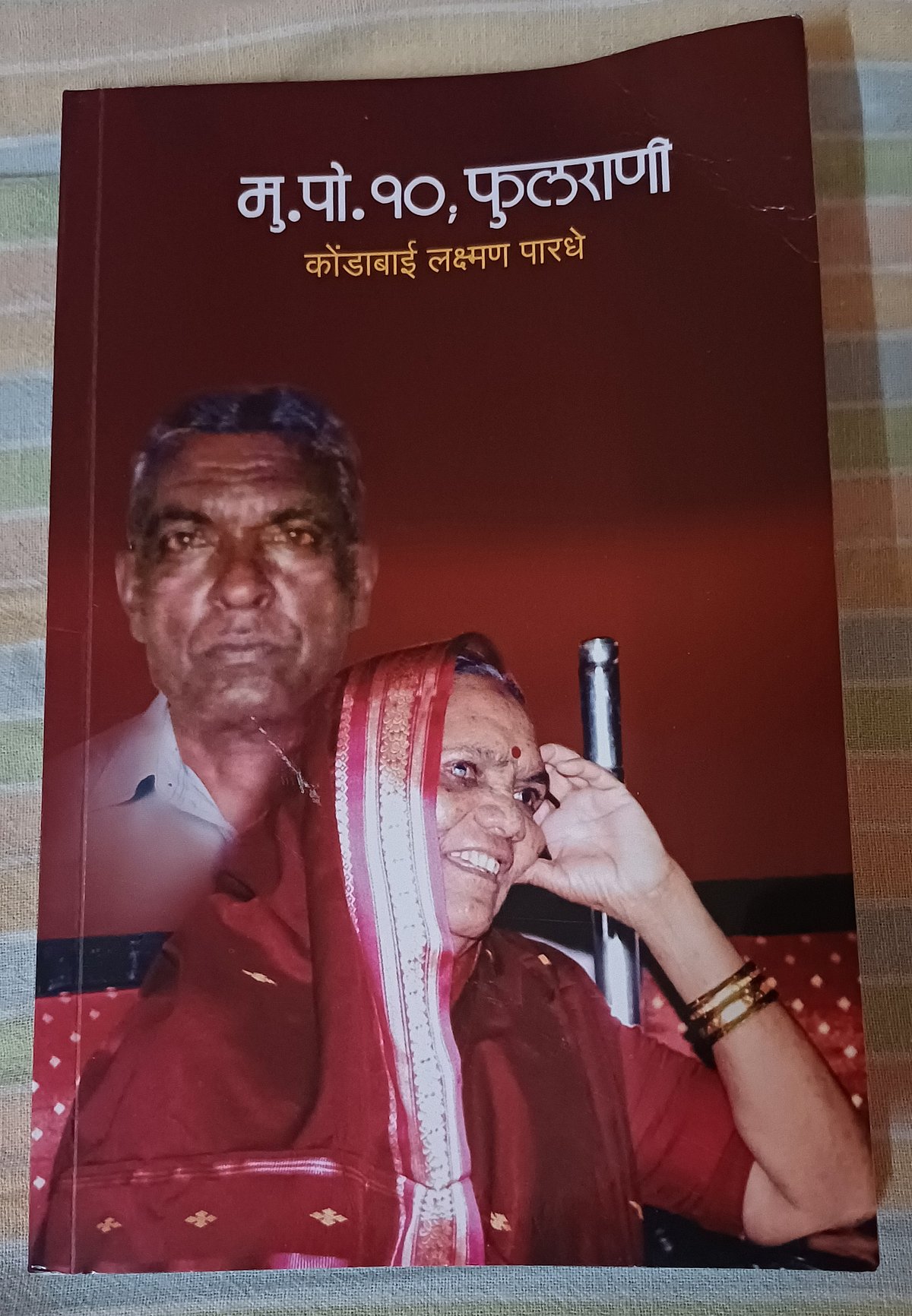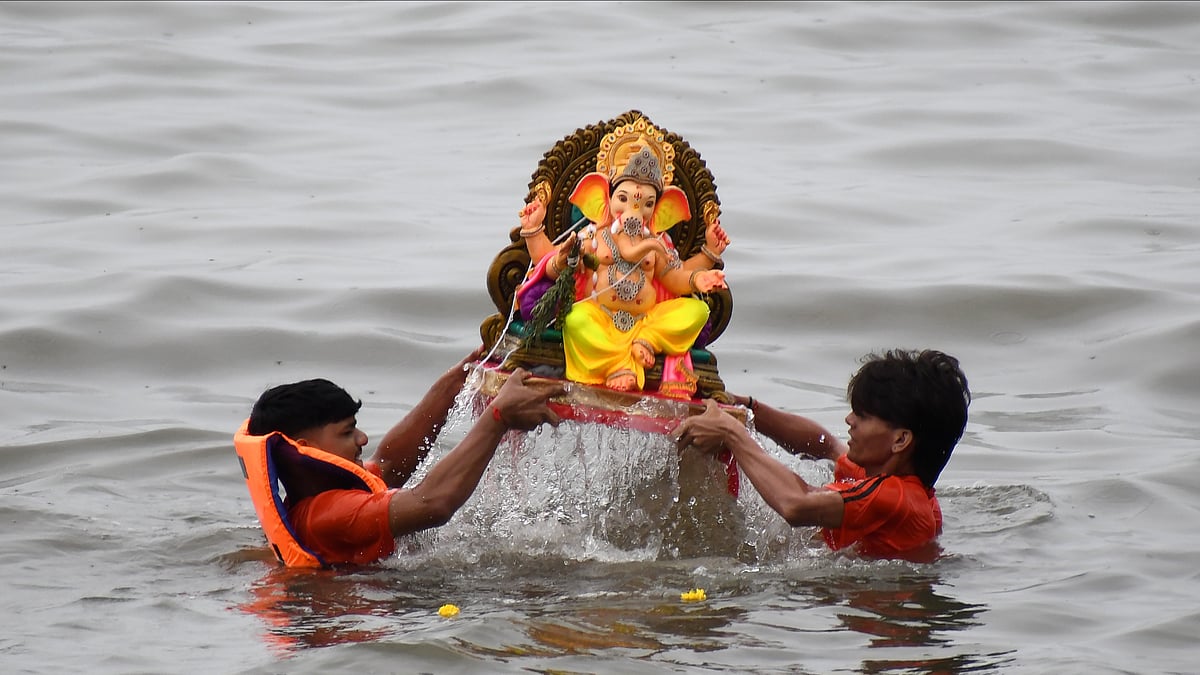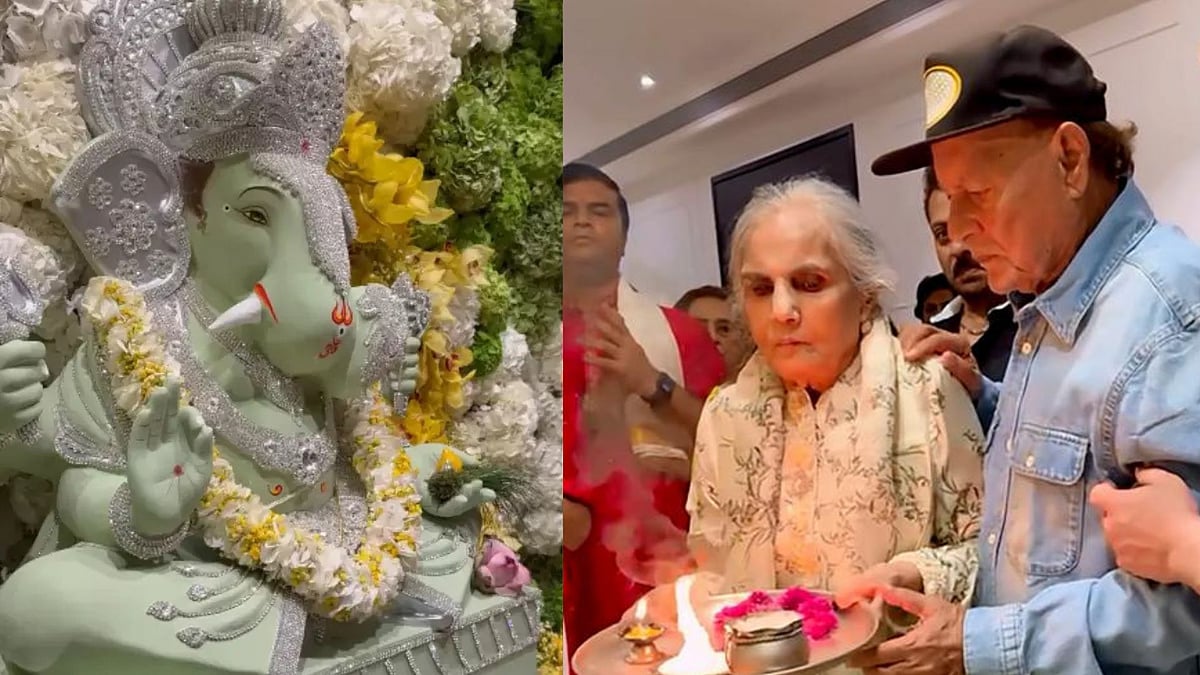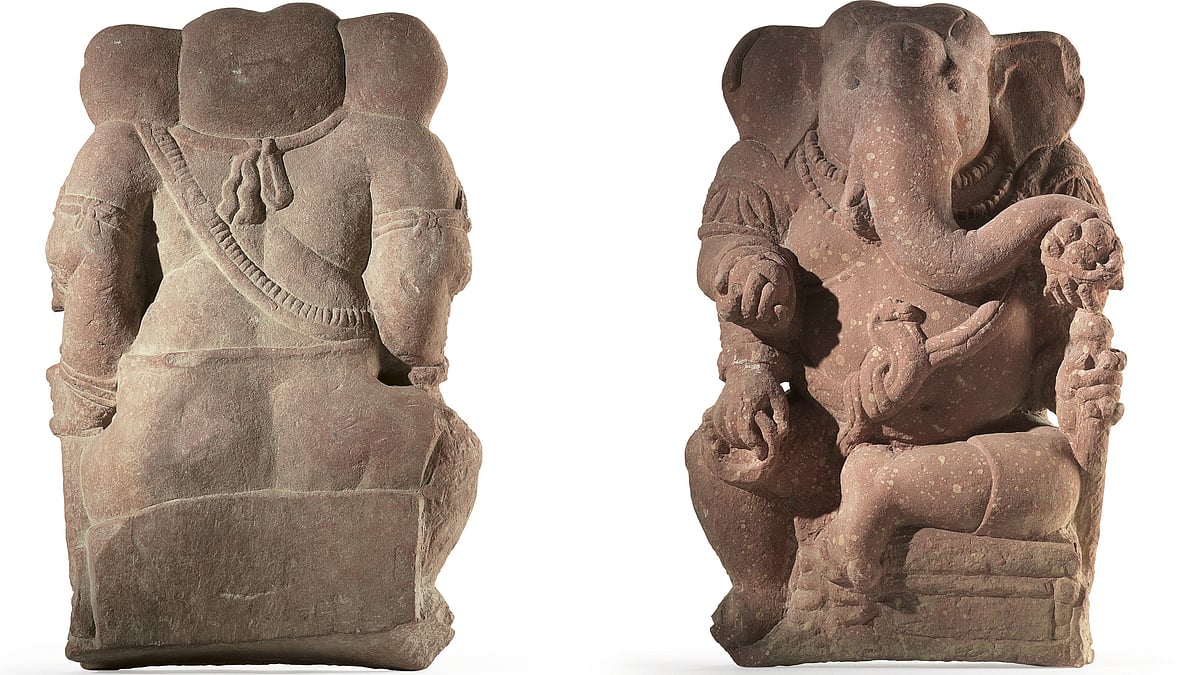The colony of authors in what was once a quiet corner of Bandra East, Sahitya Sahawas, is known for its many noted residents. Most of the works created by them are gems in Marathi literature. Now, there’s a book shedding light on the lives of these authors, by none other than a woman who worked for many of them as a domestic help. Kondabai Lakshman Pardhe was uneducated, but narrated her memories to her son, who recently published them in the book, Mukkampost 10, Phulrani. The book (in Marathi) is also about Kondabai’s tough childhood and difficult life that found some stability when she began working in Sahitya Sahawas or kaloni (colony) as she called it.
A few years ago, Siddharth Pardhe, Kondabai’s son, had published his memoir, Colony. Her book can be called its prequel. Kondabai, who has passed away, had expressed her desire to talk about her memories after her daughter read out Siddharth’s book to her. “I then told her to narrate her memories and we would also publish them. I began this book in 2009. I sat with mother for an hour every day, and wrote what she spoke. I also realized that I did not know much about my mother’s life,” said Siddharth. But it was not easy. Recalling some painful memories often left Kondabai in tears. “I would stop then and tell her we’ll speak later,” said Siddharth.

Kondabai and her husband Lakshman, migrants to Mumbai from Marathwada, found employment at the colony site when the buildings were being constructed, and stayed on. Lakshman worked as the watchman. The Pardhes stayed in a hut in the colony for some time. Kondabai’s book recalls the years after, when she realized the importance of education for a good life, as she worked for the authors. Some of the authors helped her get admissions for her children in school, even college. Today, Siddharth is a senior officer with LIC while his brother Ramesh works for a noted former resident of the colony, Sachin Tendulkar.
The title of the book is Siddharth’s current address at the colony. He bought a flat here some years back and presented the keys to Kondabai. The flat number 10 in Phularani was owned by Satyadeo Dubey, the director. After his death, Siddharth Pardhe bought it from the couple he had left it to. While Kondabai worked for some other writers, residents of the colony, she did not work for Dubey.
While owning the flat makes the Pardhes officially part of the colony, they have been part of the residents’ lives for years. Kondabai’s book has many amusing anecdotes about the period. Among them is a passage about how she found that most of the residents of her kaloni were authors. She wrote that wherever she worked, the man of the house was always writing something or reading! In some houses the women would always be writing! And almost all the houses had cupboards full of books.
In another incident, she talks about how many people kept arriving at the residence of author Subhash Bhende one day, with bouquets. TV crew and other members of the press were also present. Kondabai asked author M V Rajadhyaksha what was happening. Rajadhyaksha told her Bhende had become the president of the Akhil Bharatiya Marathi Sahitya Sammelan. Realising immediately that she had not understood, Rajadhyaksha told her, “Kondabai, you know this is an authors’ housing society, right? So Bhende saheb has stood first among them.” Happy with the answer, Kondabai says that Bhende’s daughter later gave her pedhe. She goes on to recall that every year in the kaloni, an author would ‘stand first’ and her family would receive sweets or gifts on the occasion.
She has also revealed the residents’ habits, like that of Vinda Karandikar (Jnanpith awardee G V Karandikar), who loved to sing loudly all over the house.
Kondabai credits the residents of the kaloni for many good things in her life. Author Gangadhar Gadgil’s wife, Vasanti, got her to open a bank account and taught her to save money. Many of the grandmothers in the colony convinced Kondabai to get rid of her tobacco addiction. She also noted how Siddharth’s friends would convey his requirements at school or college to their parents, and they would provide him with whatever he wanted.
Siddharth said, “It is only because of my parents’ decision to stay back at the colony after the buildings were constructed that things changed in a good way for our family. If it wasn’t for Sahitya Sahawas my family would not have been able to achieve what we have so far. It was the women of the colony who convinced mother to stay on.”
In the book Kondabai has often talked about how she was treated as a family member by the residents. If she was unwell for instance, one of the many youngsters in the colony who were studying MBBS, would be asked to check on her. She proudly mentions that now those ‘kids’ are well-known doctors in the city.
Kondabai’s determination to work for some of the authors though they did not pay her as much, also earned her the ire of other domestic helps. Once she was confronted by them and they asked her to join them in their association for domestic helps, and seek equal pay. But Kondabai had realized that she wanted more than a better salary. She writes that her employers’ children had become like her own. Her kids were growing up with them. It was more important that her children were brought up properly and were educated. The colony residents had always stood by her in bad times. She would not let them down.
In Siddharth’s words, “My mother’s message to other domestic helps is don’t limit yourself to a higher salary. Look at the bigger picture. See how you can improve your lives through the people around you.”
In a way, Kondabai’s book is a lesson for everyone in the rat race. A priceless lesson.










